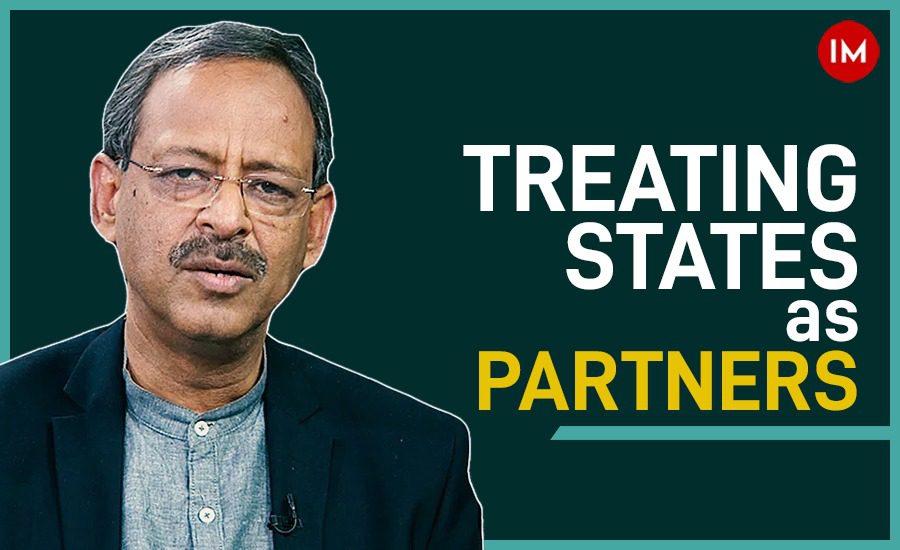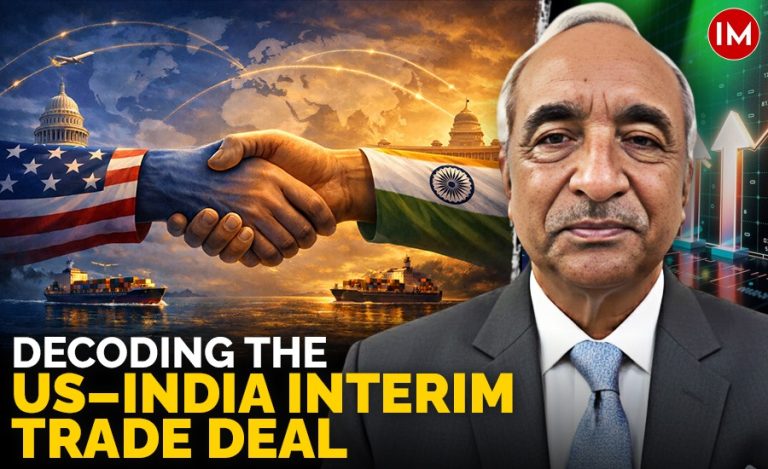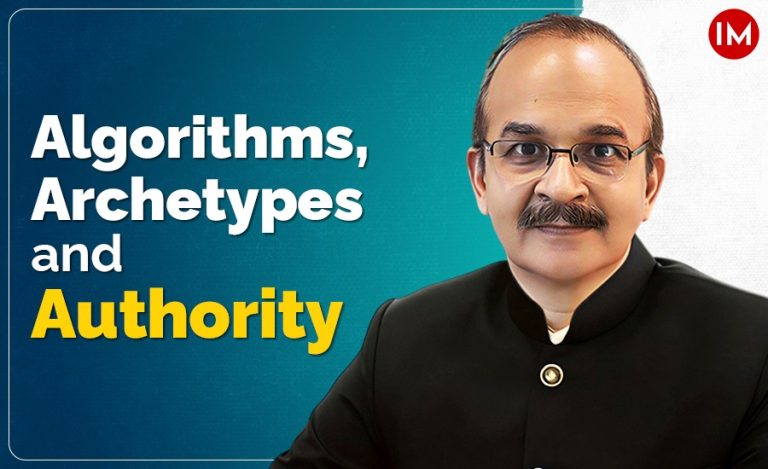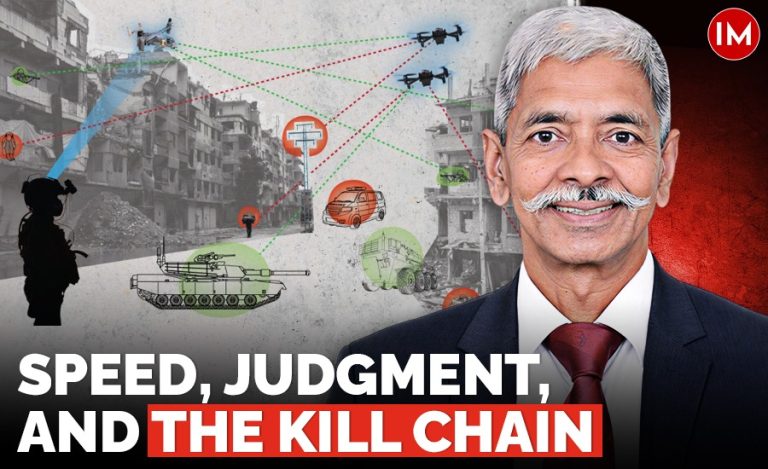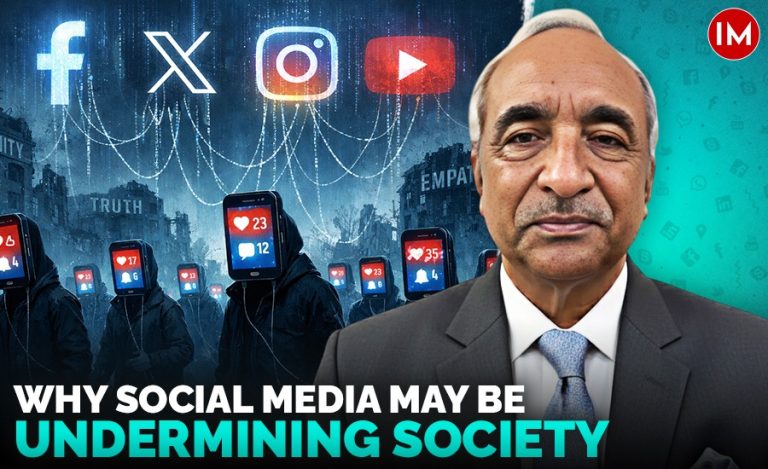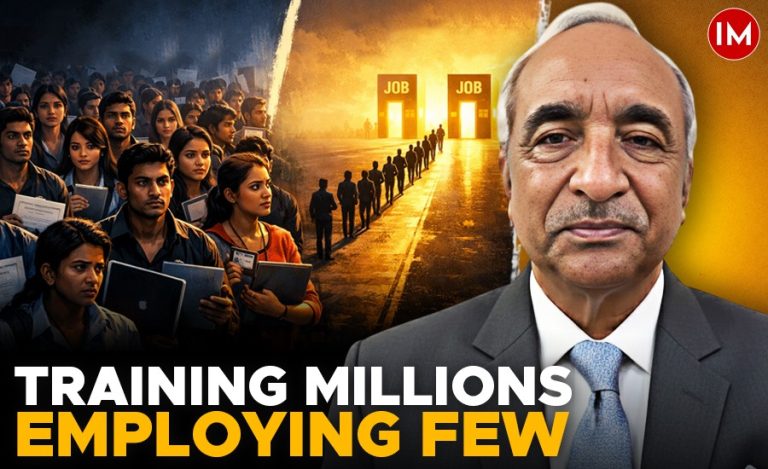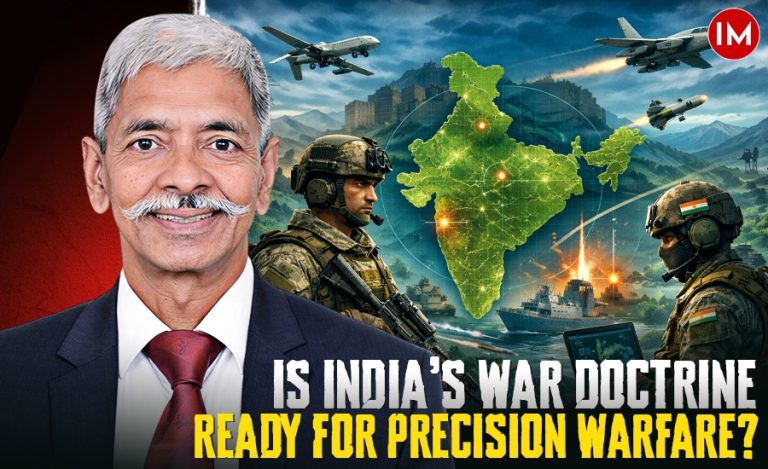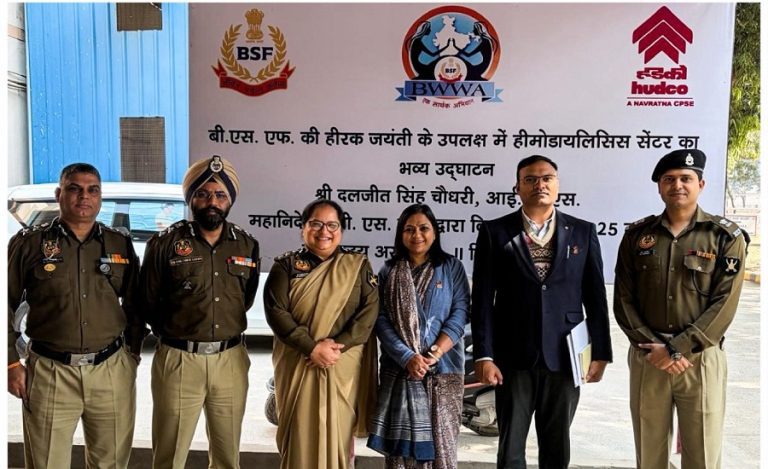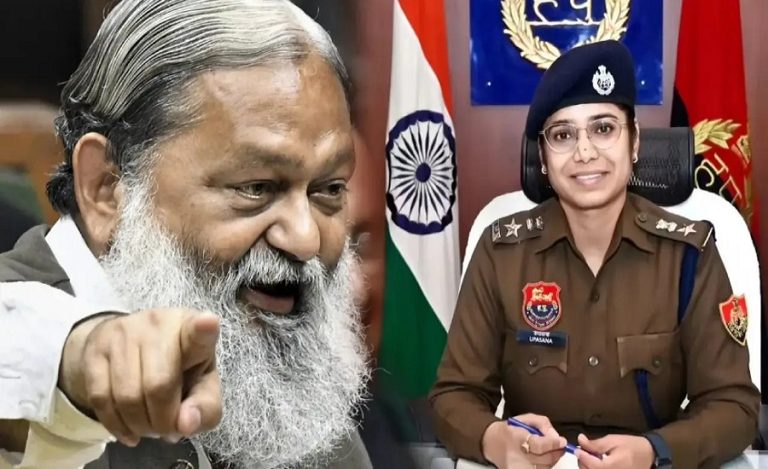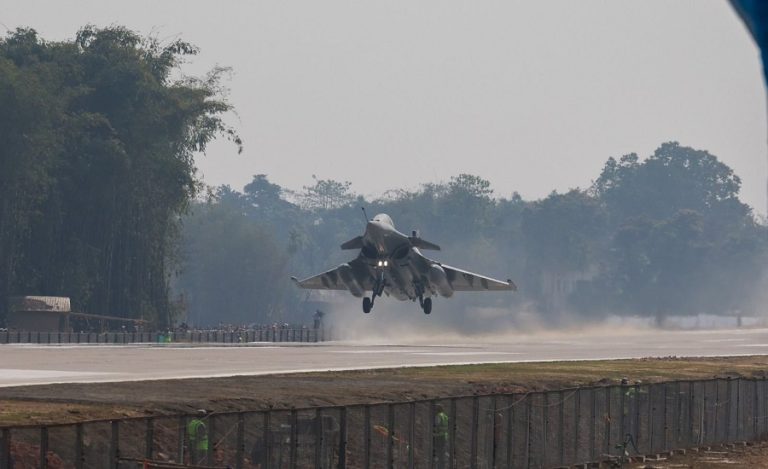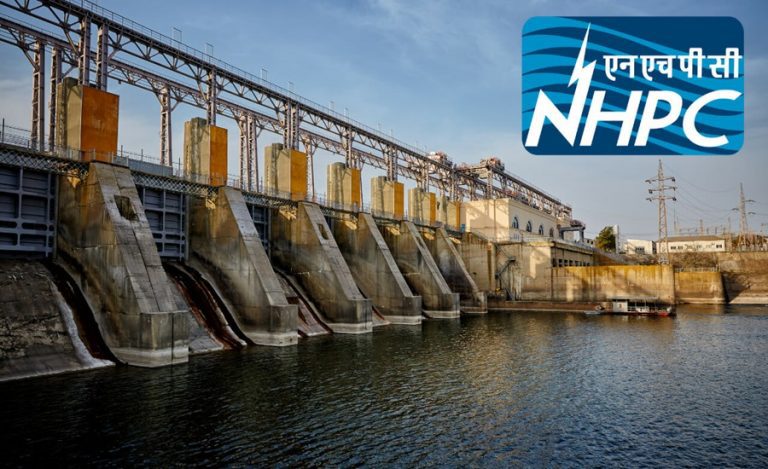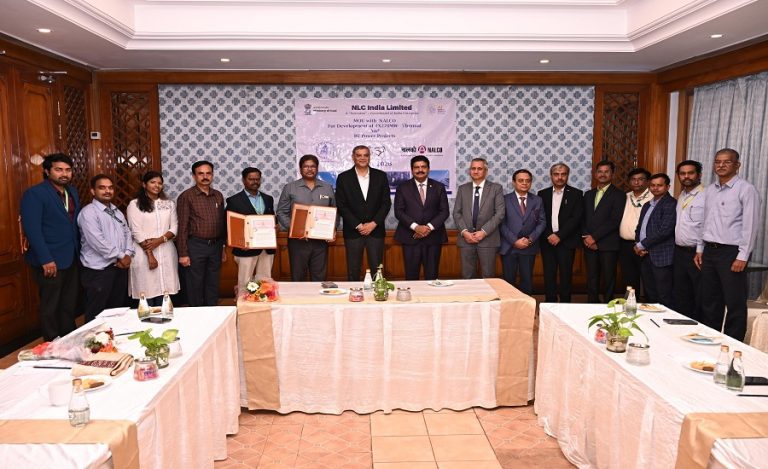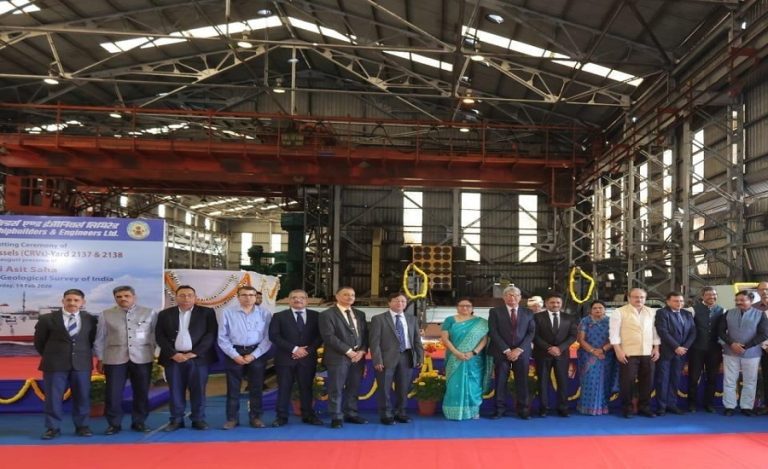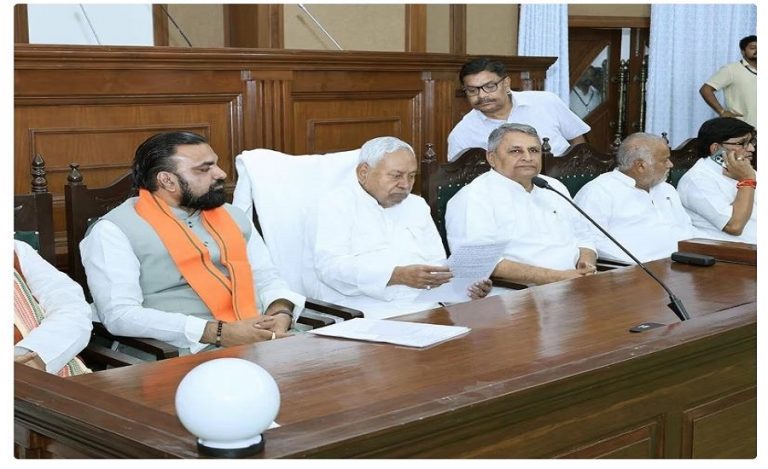During the past few years, the Centre and the States are at each other’s throats as never before. There have been strong differences in the past but what is being witnessed now is quite unprecedented.
As a civil servant for 38 years, I discovered that it was not very easy to get things moving in the government. It was on the basis of this experience that I had come to the conclusion that for any idea to fructify and sustain in a democracy, it had to be politically acceptable, socially desirable, technologically feasible, financially viable, administratively do-able and judicially tenable.
In view of the farmers’ agitation and in the context of Farm Legislations, I had added an additional dimension: socially relatable. Some states are protesting against something that has been on the anvil for quite some time and should have been done long ago in the interest of the farmers. Yet, they are up in arms. And, perhaps for the wrong reason. Then, why are they agitating?
DISTANCE BETWEEN CENTRE & STATES
Sometimes we forget that all action is in the States and the Centre is a geographical fiction. We also forget that India is a federal country. The cause of failure of a number of initiatives and schemes is the ‘distance’ that exists between the Centre and the States. I could witness a tendency amongst senior officers at the Centre (especially those belonging to the Indian Administrative Service) to look at States with disdain and look down upon them.
What is conveniently forgotten is that one of the major factors contributing to the success of schemes or initiatives has been the partnership forged with the States. (This is reinforced at the political level, especially with States that are not administered by the same political dispensation as at the Centre). This was in evidence when we look at the problems that beset Coal and Power sectors in 2014. Coal could come out of the crisis ‘untainted’ but “UDAY” couldn’t go much beyond “dawn”, forcing the government to think in terms of UDAY 2.
LESSONS FROM 2014 COAL CRISIS
Coal sector faced an unprecedented crisis in 2014. Everyone was given to believe that this crisis was on account of alleged scams. It wasn’t so. These so-called scams were a consequence of shortage of coal in a country. India boasts of 300 billion tonnes of coal reserve with a requirement of just 800 million tonnes per annum. Yet there was a crisis as the coal production did not meet the target. To make matters worse, the Supreme Court, based on ‘presumptuous’ calculations of the then CAG, cancelled allocation of coal blocks that were contributing around 90 million tonnes per. The coal blocks had to be auctioned by the Central Government.
It was indeed a difficult job as these coal blocks did not exist at the ‘Centre’ but in States, some of which were being ‘ruled’ by an ‘opposition’ government. Hence, a strategy was chalked out under the visionary leadership of late Arun Jaitley to get the States on board. It worked because States were treated as partners and, instead riding a rough shod, a value proposition was conveyed. The States got convinced that the auction of coal blocks and the process defined for the purpose was in their interest.
In terms of coal production by Coal India Limited (CIL) that is still the primary contributor to coal production (80%), partnership with States is even more important. Coal production depends upon a number of factors but the most important amongst them are: a) Land acquisition b) Environment and forest clearance c) Evacuation of coal. The first two factors are totally dependent upon what happens in the States. The process of land acquisition is under the control of and influenced by state governments. For environment and forest clearances, the entire groundwork is done in the States. Hence, States have to be taken on board. During the years 2014-16, a well-defined strategy was worked out. Under this strategy, no meeting was held in Delhi to resolve issues that were local in nature.
As Coal Secretary, I travelled to the states and held periodic discussions with the state level officers and District Collectors to expedite clearance. Coal production increases by 34 million tonnes during 2014-15. This was more than the cumulative increase of four previous years. During the following year, 2015-16, the production rose by another 44 million tonnes. Coal shortages were a thing of the past as no power plant was critical on account of paucity of coal. We were even toying with the idea of exporting coal to Bangladesh. The States were happy because their power plants had surfeit of coal and they were getting larger amount in form of royalty on account of increased production.
CENTRE NOT SOLE REPOSITORY OF WISDOM
Why didn’t “UDAY” happen”? The primary reason was perhaps the manner in which interaction was done with the States. States were ‘mandated’ to carry out the “directives” issued by the Centre. ‘Monitoring’ systems were put in place but the ‘facilitating’ mechanism for the States was not set up. Little effort was made to understand the problems of the States. They could have learnt from States like Gujarat (where UDAY had happened well before ‘UDAY’ was launched by the Centre) and tried to replicate its model. A lot of time was spent on fiscal restructuring. Equal, if not more, time should have been spent on understanding how AT&C losses were reduced and how the ACS-ACR gap was reduced in a state like Gujarat and how it could be adopted by other States.
Goods and Services Tax is another example where the approach of treating states as partners has worked. Yet again, the whole approach was masterminded by none other than the master-strategist, Arun Jaitley. There was a mission to engage with the stake holders and convey a value proposition to them. Assessing ground realities constituted very useful input in formulating policies and approaches to resolving issues. This has been a game changer. A “connect” has been established with each stake holder, including the state governments.
What is sometime forgotten at the Centre is that the States also have elected and responsible governments and that the Centre is not the sole repository of all wisdom. This attitude gets reflected in a number of policies that are announced by the Central Government. The details of such policies are defined to an extent that leaves little flexibility with the states and the auditors have a field day. In as complex and varied country as India, only the broad national parameters need to be defined and sufficient flexibility needs to be given to the states, treating them as responsible partners. The details of each scheme and initiative will have to be worked out locally. This will impart a greater ownership amongst the States giving the schemes greater chance to succeed.
States should indeed be treated as partners.

